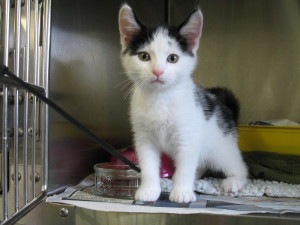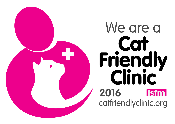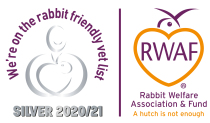PRE OPERATIVE INSTRUCTIONS
Animals are admitted for surgery between 8.30 and 9.00. If they have not been seen recently by a vet then they may need to be seen in by a vetereinary consultation. You will be asked questions about when your pet last ate, any medications your pet is on and any previous adverse reactions. The procedure will be explained and this is your opportunity to ask any questions before you leave your pet in our care.
Dogs are given a premed which makes them less anxious and allows a lower dose of anaesthetic to be given. This makes anaesthetic induction and recovery much smoother. Cats get their premeds @15minutes before their anaesthetic and are kept quiet unitl then to avoid them getting stressed.
Dogs and cats should have had food withheld since 6pm the previous evening. Water should not be restricted prior to admission. Please give your dog the chance to go to the toilet before admission – a full bladder that ‘relaxes’ on the operating theatre table is not ideal!
The general anaesthetic is given by an intravenous injection. We use alfaxalone which is a relatively new anaesthetic agent that has been shown to have a very good safety profile and gives a smooth peaceful induction and recovery. A tube is then put down the windpipe to provide a secure airway, oxygen and gaseous anaesthetic is given to keep your pet asleep until the end of the procedure. We have pulse oximetry, oesophageal stethoscopes and an eagle eyed nurse to monitor your pet whilst they are aneasthetised and during their recovery. One of our new and very useful bits of kit are heated anaesthetic circuits to minimise heat loss whilst your pet is asleep. Appropriate analgesia is given prior to recovery.
PLEASE MAKE SURE THAT YOU LEAVE A CONTACT PHONE NUMBER WHERE WE CAN CONTACT YOU. This is important in case some thing unexpected is found at surgery or on an xray which may mean a change in the planned procedure.
Rabbits and guinea pigs cannot vomit and should not be fasted prior to anaesthesia. Both these species are adapted to eat most of the time and do not cope well with fasting. They can eat right up to the time of their anaesthetic.
Large birds (grey parrot and larger, birds of prey) can have their food removed late the previous night. Small birds can have food available over night.
There is a useful general leaflet on pre & post op care produced by the British Veterinary Association here







